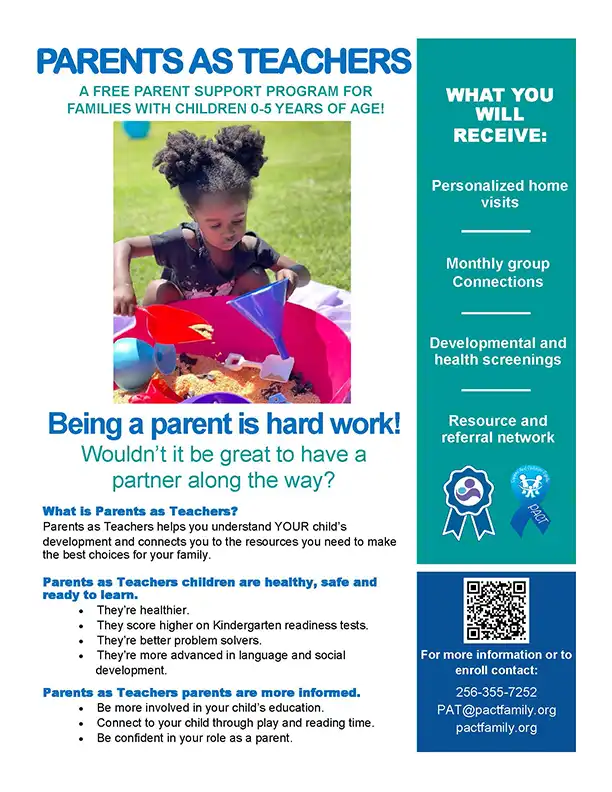
Empower Your Parenting: Positive Discipline Essentials
Parenting is one of life’s greatest joys and challenges. As caregivers, we strive to raise happy, confident, and well-adjusted children while navigating the myriad of obstacles that parenthood presents. Among these challenges is the delicate balance of discipline – a cornerstone of effective parenting. In recent years, a shift towards positive discipline approaches has gained momentum, offering a more empathetic and constructive way to guide our children through their formative years.
Understanding Positive Discipline
Positive discipline is not about permissive parenting or letting children run wild. Instead, it focuses on nurturing mutual respect, cooperation, and responsibility within the parent-child relationship. At its core, positive discipline emphasizes teaching rather than punishing, seeking to understand the underlying reasons for behavior and addressing them in a supportive manner. This approach recognizes that children, like adults, thrive in environments where they feel valued, heard, and respected.
The Power of Connection
Central to positive discipline is the concept of connection. By fostering strong bonds with our children, we create a foundation of trust and understanding that enables effective communication and cooperation. When children feel emotionally connected to their parents, they are more likely to respond positively to guidance and direction. This connection serves as a guiding light, anchoring both parent and child through the ups and downs of daily life.
Setting Clear Boundaries
While positive discipline emphasizes empathy and connection, it also recognizes the importance of setting clear boundaries and expectations. Children thrive in environments with structure and consistency, where they understand the consequences of their actions. By establishing age-appropriate rules and boundaries, parents provide children with a sense of security and stability, laying the groundwork for healthy development.
Teaching Through Example
Children are keen observers and learn much of their behavior by watching those around them, particularly their parents. Positive discipline encourages parents to lead by example, modeling the behaviors and values they wish to instill in their children. By demonstrating empathy, respect, and problem-solving skills in our interactions with others, we teach our children valuable lessons that will serve them well throughout life.
Embracing Empathy
At the heart of positive discipline is empathy – the ability to understand and share in the feelings of another. By approaching discipline with empathy, parents cultivate deeper connections with their children and foster emotional intelligence. When children feel understood and validated, they are more likely to open up about their thoughts and feelings, paving the way for meaningful communication and conflict resolution.
Turning Challenges into Opportunities
Parenting is full of challenges, from tantrums and power struggles to boundary testing and defiance. Positive discipline reframes these challenges as opportunities for growth and learning, encouraging parents to respond with patience, understanding, and creativity. Rather than resorting to punitive measures, parents are encouraged to engage their children in problem-solving and decision-making, empowering them to become active participants in their own development.
Building Resilience
Life is not always smooth sailing, and teaching our children to navigate adversity is an essential aspect of parenting. Positive discipline helps build resilience by encouraging children to learn from their mistakes, take responsibility for their actions, and develop problem-solving skills. By supporting our children through challenges rather than rescuing them from every difficulty, we empower them to face life’s inevitable ups and downs with courage and resilience.
Creating a Culture of Cooperation
Positive discipline is not just about individual behavior; it’s also about fostering a culture of cooperation within the family unit. By involving children in decision-making, problem-solving, and household responsibilities, parents instill a sense of ownership and belonging that strengthens family bonds. When children feel valued and respected as contributing members of the family, they are more likely to cooperate and collaborate with others.
Honoring Individuality
Every child is unique, with their own temperament, strengths, and challenges. Positive discipline recognizes and honors this individuality, offering a flexible approach that can be tailored to meet the needs of each child. Rather than applying a one-size-fits-all approach to discipline, parents are encouraged to consider their child’s personality, developmental stage, and temperament when guiding their behavior.
Embracing Growth
Parenting is a journey of growth and discovery, filled with moments of joy, laughter, and yes, frustration. Positive discipline invites parents to embrace this journey with open hearts and minds, recognizing that every challenge is an opportunity for growth – both for ourselves and for our children. By approaching discipline with patience, empathy, and understanding, we can empower our children to become confident, resilient, and compassionate individuals who are equipped to navigate life’s twists and turns with grace and resilience. Read more about positive discipline parent educator



